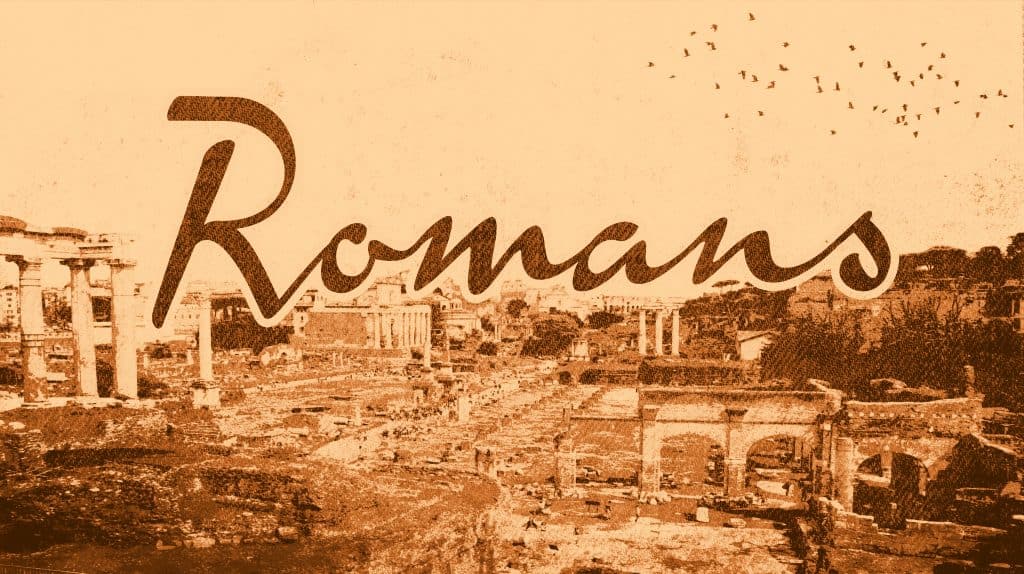He reveals deep and secret things; He knows what is in the darkness, And light dwells with Him. Daniel 2:22
According to a study published in 2017, the average person is holding on to at least thirteen secrets, five of which they’ve never told another living soul. These aren’t what-I-got-you-for-Christmas kind of secrets, either. They are heavy, burdensome secrets like lies told, trusts violated, marriage vows broken, and crimes committed ranging from theft to assault. Thirteen of them.
We expend tremendous mental energy to keep them hidden, only to have the memory and regret assault us in our quietest, private moments. The guilt and shame associated with the secrets come out as anger and irritability. Secret-keepers can become bullies or manipulators, protecting the secret at all costs. Sometimes, the cost is loss of relationships. Sometimes, it’s loss of health. Occasionally, tragically, secret-keepers have taken their own lives rather than face exposure.
We have lived in fear of exposure of our secrets and our sins since Eden. But we don’t have to.
We are invited and encouraged to bring those secrets to Christ. In Matthew 11:28 Jesus called for all who were burdened to come to Him for rest, whether burdened by the standards of the Law or burdened by failure – even secret failure – to live up to it. Peter echoes that in 1 Peter 5:6-7 “Therefore humble yourselves under the mighty hand of God, that He may exalt you in due time, casting all your care upon Him, for He cares for you.”
Letting go of our secrets requires humility. We have to own our secrets and the failures behind them. Primarily I mean owning them before God. (There are undoubtedly times when confession to others is in order, but public humiliation is rarely helpful.) When we do, God does an amazing thing — He covers them. He doesn’t hide them again under layers of shame, but He covers them with His love and His righteousness. Theologically, this is called atonement. God acted it out when He covered Adam and Eve with animal skins. He gave it to Israel in an object lesson when the broken law tablets in the ark were covered with the blood of the sacrifice. He completed the covering when Christ died and atoned for our sins.
Letting go of our secrets requires trusting God. We have to trust that He will keep His promise to cover the secrets, (He will) and that He won’t cast us out when we ask. (He won’t). Romans 10:11 and John 6:37 assure us. God knows all of our deep, dark secrets, and He has taken action to deal with them, beginning with Adam and Eve and continuing to the present day.
Letting go of our secrets requires letting go. It sounds obvious, but sometimes this is the hardest part. We have long memories and much more experience with the conditional, incomplete forgiveness and acceptance that others offer, rather than the total atonement God gives us. In Isaiah 54:4, God promises He won’t shame us again. For those of us who have carried secrets as an integral part of our selves, it takes time to grasp that God has taken them, and we no longer have to carry the burden for ourselves. It can be a hard habit to break. Added to that, one of Satan’s lines of attack is to try and convince us that we still deserve our shame.
The writer of Hebrews reminds us that we have a Great High Priest as our advocate, and as a result, we can boldly and confidently approach God’s throne to obtain (not just ask for, but receive) grace and mercy when we need it. (Hebrews 4:14-16) Even … and especially, when it comes to dealing with our secrets.






